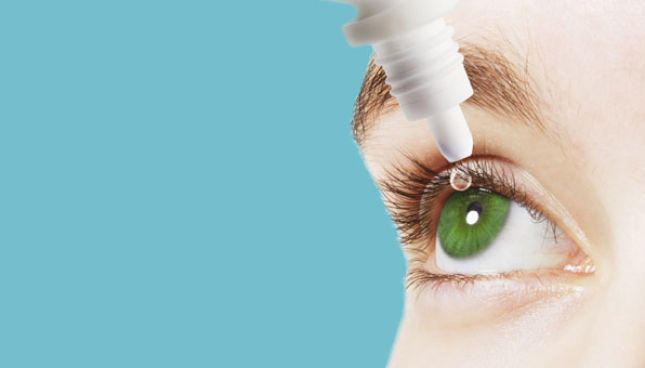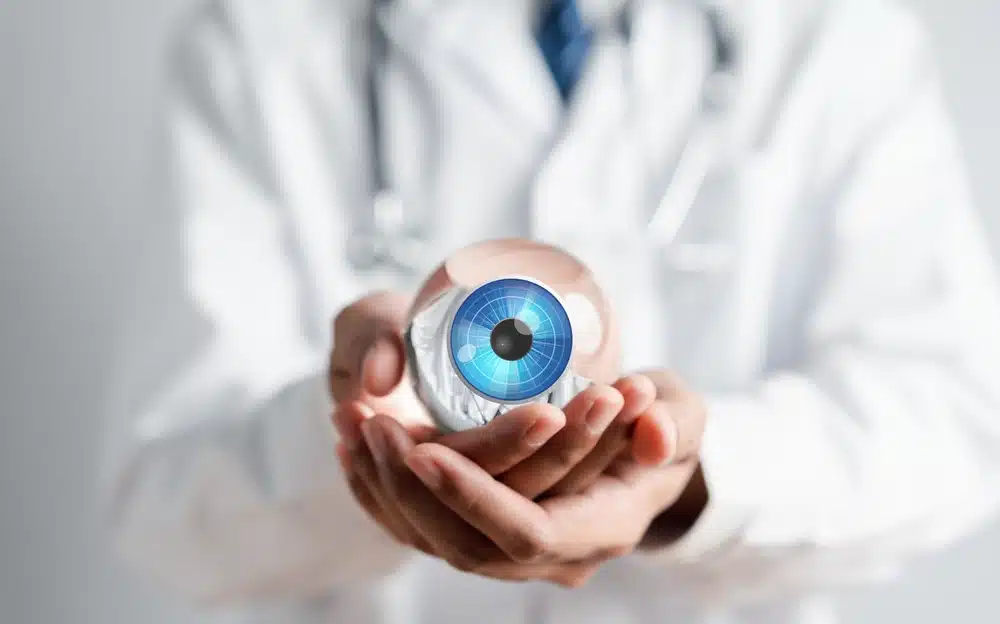All Categories
Featured

While many people recognize the relevance of safeguarding their skin from the sunlight, the harmful effects of ultraviolet (UV) rays on eye wellness usually go ignored. Extreme direct exposure to UV radiation can lead to a variety of eye troubles, some of which can result in irreversible damages. Whether you're absorbing the sun on a summertime day or strolling outdoors on a cloudy afternoon, guarding your eyes from UV rays is important. Here's what you need to find out about the impacts of UV radiation on your eyes and exactly how to shield them.
What Are UV Rays? UV rays are a kind of electro-magnetic radiation given off by the sun. They are categorized into three types:
UVA Rays: These penetrate deep into the skin and eyes and can contribute to long-term damage. UVB Rays: These rays are much more extreme than UVA and are mainly in charge of surface-level damage to the eyes and skin. UVC Rays: These are the most harmful yet are mostly absorbed by the Earth's ozone layer and do not normally reach us. UVA and UVB rays are the main culprits behind eye-related damages.
Short-Term Results of UV Exposure on the Eyes. Even temporary direct exposure to intense UV rays can hurt your eyes. One usual condition brought on by this is photokeratitis, or "sunburn of the eye." Symptoms of photokeratitis include:
Agonizing, red eyes. Level of sensitivity to light. Tearing or too much watering. Short-lived vision loss or blurry vision. Photokeratitis is normally momentary, yet it functions as a caution of how destructive UV direct exposure can be, even in little dosages.
Long-Term Results of UV Direct Exposure. Long term exposure to UV radiation can lead to much more severe and long-term eye conditions, such as:
Cataracts: UV rays can speed up the formation of cataracts, a condition that creates clouding of the eye's natural lens, leading to blurry vision and, if without treatment, loss of sight.

Macular Degeneration: UV exposure can damage the retina, specifically the macula, raising the threat of age-related macular degeneration (AMD), which influences main vision.
Pterygium: A growth of cells on the white part of the eye that can prolong over the cornea, triggering pain, soreness, and vision problems.
Pinguecula: UV direct exposure can create yellowish deposits to create on the conjunctiva, leading to irritability and dryness.
Skin Cancer Cells Around the Eyes: The fragile skin surrounding your eyes is very susceptible to UV radiation, increasing the threat of skin cancers like basic cell carcinoma and squamous cell cancer.
Just How to Safeguard Your Eyes from UV Rays. Securing your eyes from UV rays is basic and requires a couple of conscious practices:
Buy Top Quality Shades: Select sunglasses that block 100% of UVA and UVB rays. Try to find labels that define "UV 400" defense. Wrap-around designs are suitable as they block UV rays from the sides also.
Wear a Wide-Brimmed Hat: A hat with a border at the very least three inches wide can substantially reduce UV exposure to your eyes and face.
Restriction Direct Exposure During Peak Hours: UV rays are best in between 10 a.m. and 4 p.m. If you need to be outdoors throughout these hours, ensure you're appropriately protected.
Do Not Be Tricked by Clouds: UV rays can permeate with clouds, so it is necessary to wear sunglasses even on cloudy days.
Shield Your Eyes Year-Round: Snow, sand, and water can show UV rays, increasing their effects. Eye security isn't simply for sunny summer season days-- ensure you're covered in all periods.
Usage UV-Blocking Contact Lenses: Several contact lenses currently feature UV defense. If you wear get in touches with, ask your eye medical professional regarding lenses with integrated UV filters for added defense.
Urge Eye Security for Children: Children's eyes are more conscious UV rays since their lenses are more clear, enabling even more radiation to get to the retina. Make certain they wear sunglasses and hats during outdoor activities.
Routine Eye Exams. Routine check-ups with an eye treatment specialist are important for very early detection of any type of UV-related damage. An optometrist or eye doctor can evaluate your eyes, suggest safety steps, and detect conditions like cataracts or macular deterioration early.
Verdict. By wearing UV-blocking sunglasses, limiting sunlight direct exposure throughout peak hours, and staying regular with eye exams, you can ensure your eyes stay healthy and balanced and your vision continues to be clear for years to come. Safeguarding your eyes from UV radiation isn't just about comfort-- it's an important step in maintaining your lasting eye health.
Latest Posts
Check Out Budget-Friendly Auto Repairs with Montclare’s Exclusive Service Specials
Uncover Cut Costs on Car Maintenance with Montclare Auto Repair’s Limited-Time Deals
Find Out Save Big on Car Maintenance with Montclare Auto Repair’s Limited-Time Deals
More
Latest Posts
Check Out Budget-Friendly Auto Repairs with Montclare’s Exclusive Service Specials
Uncover Cut Costs on Car Maintenance with Montclare Auto Repair’s Limited-Time Deals
Find Out Save Big on Car Maintenance with Montclare Auto Repair’s Limited-Time Deals